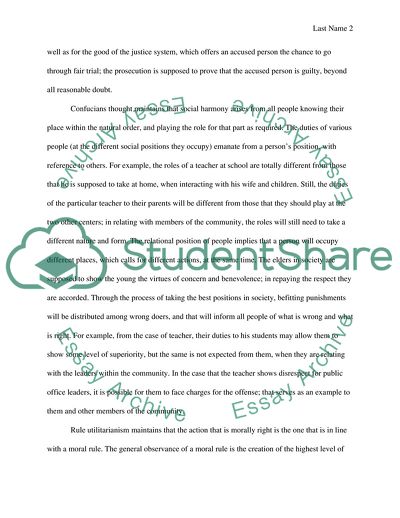Cite this document
(The Differences between Morals and Ethics Essay Example | Topics and Well Written Essays - 1500 words - 39, n.d.)
The Differences between Morals and Ethics Essay Example | Topics and Well Written Essays - 1500 words - 39. https://studentshare.org/philosophy/1822965-essay
The Differences between Morals and Ethics Essay Example | Topics and Well Written Essays - 1500 words - 39. https://studentshare.org/philosophy/1822965-essay
(The Differences Between Morals and Ethics Essay Example | Topics and Well Written Essays - 1500 Words - 39)
The Differences Between Morals and Ethics Essay Example | Topics and Well Written Essays - 1500 Words - 39. https://studentshare.org/philosophy/1822965-essay.
The Differences Between Morals and Ethics Essay Example | Topics and Well Written Essays - 1500 Words - 39. https://studentshare.org/philosophy/1822965-essay.
“The Differences Between Morals and Ethics Essay Example | Topics and Well Written Essays - 1500 Words - 39”. https://studentshare.org/philosophy/1822965-essay.


